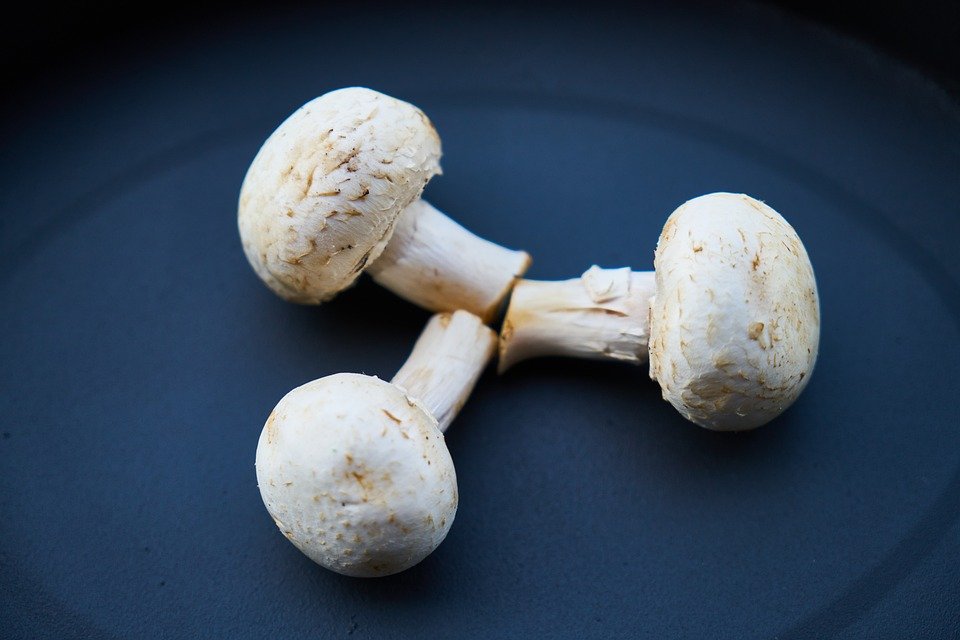Fueling Your Workouts: The Importance of Nutrition for Exercise Performance
When it comes to achieving optimal performance during workouts, most people focus solely on the physical aspect of training. While regular exercise undoubtedly plays a crucial role in promoting fitness and strength, many tend to overlook the importance of proper nutrition in fueling their workouts. Whether you’re an elite athlete or a casual gym-goer, understanding the significance of nutrition for exercise performance is key to reaching your fitness goals. In this article, we will delve into the reasons why nutrition is vital for your workouts, discuss the role of macronutrients, and provide some frequently asked questions to help guide you on your fitness journey.
Why is nutrition important for exercise performance?
1. Energy provision: Nutrition acts as the fuel that powers our workouts. Carbohydrates, specifically, are the primary source of energy for our muscles. Consuming an adequate amount of carbohydrates before exercising ensures that your body has enough glycogen stores to sustain high-intensity workouts and prevent premature fatigue.
2. Enhanced recovery: Exercise places stress on our muscles, causing microscopic damage that needs to be repaired to promote growth and strength. Proper nutrition, particularly protein intake, plays a crucial role in muscle recovery and repair. Consuming protein-rich foods post-workout provides the necessary amino acids to rebuild and regenerate muscles, leading to faster recovery and improved performance over time.
3. Improved endurance: Endurance-based activities, such as long-distance running or cycling, heavily rely on the body’s ability to efficiently utilize energy. Proper nutrition ensures that your body has enough glycogen stores and adequate fat metabolism to sustain prolonged physical activity. Additionally, consuming electrolytes during endurance activities helps maintain fluid balance and prevents dehydration, which can severely impact performance.
The role of macronutrients in exercise performance:
1. Carbohydrates: As mentioned earlier, carbohydrates are the body’s primary source of energy during exercise. Complex carbohydrates, such as whole grains, fruits, and vegetables, provide sustained energy release, while simple carbohydrates, like those found in sugary snacks or drinks, offer quick bursts of energy. It is essential to consume a balanced amount of carbohydrates before, during, and after workouts to optimize energy levels.
2. Protein: Protein is fundamental for muscle repair and growth. It is recommended to consume a protein-rich meal or snack within an hour after exercise to facilitate muscle recovery. Good sources of protein include lean meats, fish, eggs, dairy products, legumes, and plant-based alternatives like tofu and tempeh.
3. Fats: While carbohydrates are the primary fuel source for high-intensity workouts, fats play a crucial role in providing energy during longer, less intense exercises. Consuming healthy fats, such as avocados, nuts, and olive oil, helps maintain overall energy levels and supports essential bodily functions during exercise.
Frequently Asked Questions (FAQs):
Q: Should I eat before exercising, and if so, what should I eat?
A: Yes, it is advisable to eat before exercising, especially if you have a high-intensity workout ahead. Aim for a balanced meal containing carbohydrates, protein, and healthy fats. Examples include a whole-grain toast with peanut butter and banana or a yogurt parfait with fruits and nuts.
Q: Is it necessary to consume protein immediately after a workout?
A: While consuming protein within an hour after exercise is ideal for muscle recovery, the overall protein intake throughout the day is more important. Focus on meeting your daily protein requirements through a combination of meals and snacks.
Q: Are sports drinks necessary during exercise?
A: Sports drinks can be beneficial during intense and prolonged workouts, as they provide a quick source of carbohydrates and electrolytes. However, for shorter and less intense sessions, water is generally sufficient to maintain hydration.
Q: Can supplements enhance exercise performance?
A: Supplements can be useful in certain cases, but they should not replace a well-rounded diet. Consult with a healthcare professional or a registered dietitian before incorporating any supplements into your routine.
In conclusion, nutrition plays a vital role in optimizing exercise performance. By fueling your body with the right nutrients, you provide the energy needed to sustain workouts, enhance muscle recovery, and improve endurance. Remember to prioritize a balanced diet consisting of carbohydrates, protein, and healthy fats, and consult professionals for personalized guidance on your fitness journey.


